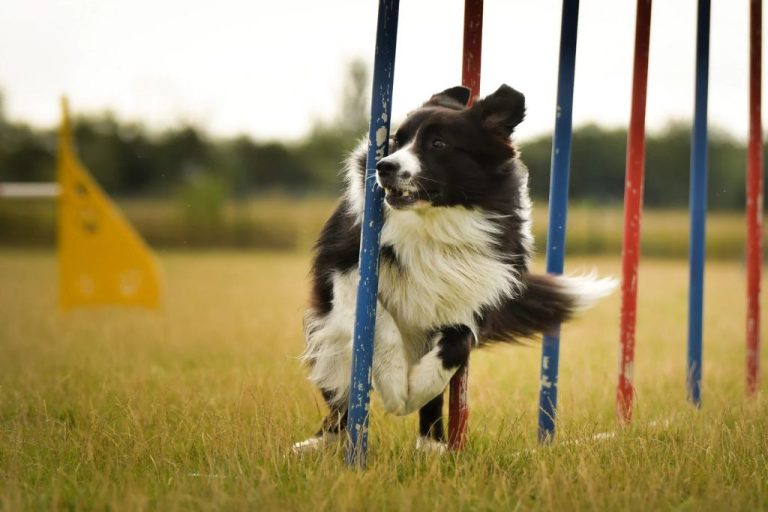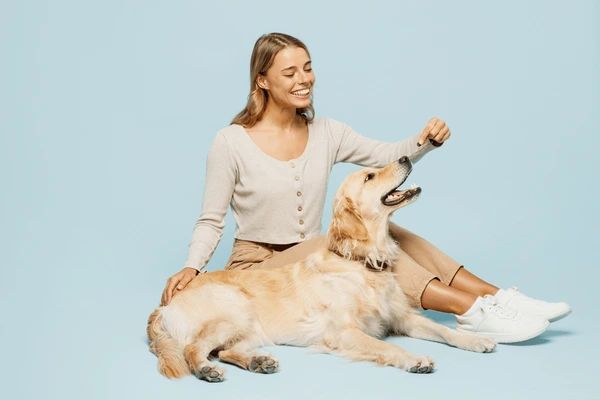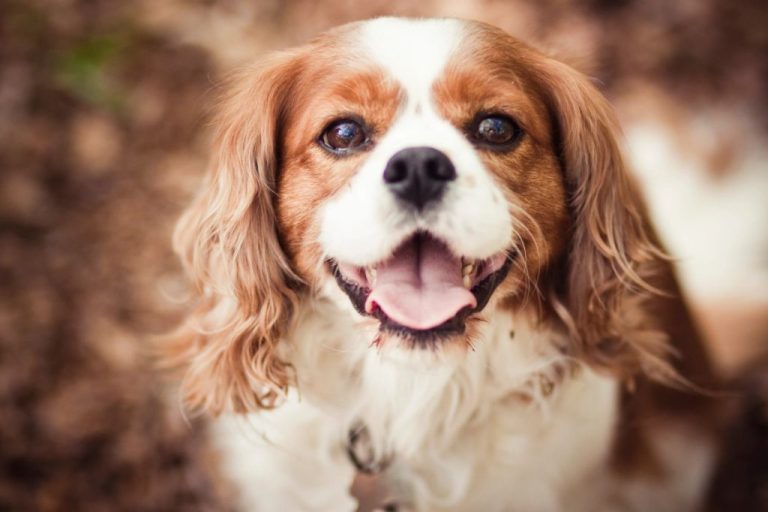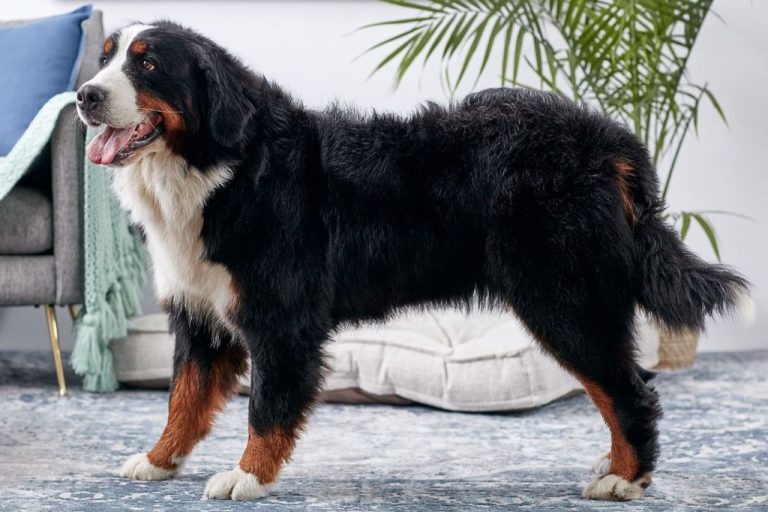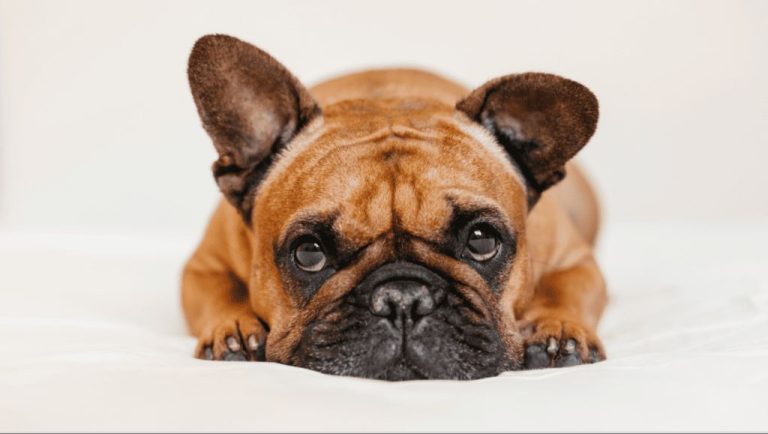Miniature Schnauzer: Understanding The Traits Of This Terrier
The Miniature Schnauzer originated as a smaller version of the Standard Schnauzer breed in Germany in the late 19th century. They were bred down in size from the larger Standard Schnauzer to create a small, companion-sized dog with similar traits and abilities. The Miniature Schnauzer was originally used as a ratting dog and to herd and guard livestock on farms. Their nickname is the “King of Terriers” due to their regal appearance and personality. The Miniature Schnauzer was recognized as a distinct breed in the early 20th century and was brought to North America around that time. They quickly gained popularity as a family pet and show dog.
Today, the Miniature Schnauzer remains a popular companion dog breed due to their small size, minimal shedding, loyal and affectionate nature, alertness, and intelligence. They excel at dog sports and canine jobs while also making a loving family pet and watchdog.
Physical Traits
The Miniature Schnauzer is a small dog breed with a sturdy, square-proportioned body. Standing 12-15 inches high at the shoulder, they typically weigh 11-20 pounds (1). Their coats come in three colors: salt and pepper, black, and black and silver. The salt and pepper colored coat consists of a mix of white and black hairs, giving it a grizzled look. Mini Schnauzers have a double coat – a harsh, wiry, straight outer coat and a soft undercoat. Their coat is meant to protect them from the elements and vermin.
A prominent feature of the Mini Schnauzer is their long, distinguished beards and bushy eyebrows, which give them a wise appearance. Their heads are strong, rectangular, and proportionate to their body size. They have a moderately deep chest, straight front legs, and hind legs that are set under the body. The Mini Schnauzer tail is either docked or left naturally long. Overall, the Miniature Schnauzer has an alert, robust, and hardy look.
Temperament
Miniature Schnauzers are known for their friendly, alert, and obedient temperament. They are energetic dogs that enjoy being around people, especially families. According to the Petplan article, the Miniature Schnauzer is “an intelligent breed who loves to please and thrives on human companionship.” They are very loyal to their owners and bond closely with all members of the family. The Miniature Schnauzer is playful and affectionate, often wanting to be involved in family activities.
The Your Purebred Puppy review describes them as “happy, outgoing house dogs” who are “obedient when properly trained.” They have a lot of energy and need daily exercise and playtime. A well-socialized Miniature Schnauzer gets along well with children and other pets. Overall, these small terriers make excellent family companions when provided with enough mental and physical stimulation to prevent boredom or destructive behaviors.
Activity Level
Miniature Schnauzers are energetic, lively dogs that require daily activity to keep them happy and healthy. They have a moderate to high energy level and love to play, run, and go on long walks.
A Miniature Schnauzer needs around 30 to 60 minutes of exercise per day. This should include at least one good walk or jog each morning or evening. Miniature Schnauzers also enjoy having room to run and play, either in a securely fenced yard or on outings to a dog park or hiking trail. Interactive playtime such as fetch or tug of war will also help a Miniature Schnauzer burn off excess energy.
Without adequate exercise, Miniature Schnauzers can become restless or even destructive out of boredom. Their energetic nature makes them better suited for an active family that enjoys lots of time outdoors or doing activities with their pet. Daily walks and play sessions are ideal for meeting the exercise needs of this energetic terrier breed.
[URL] With their moderate to high energy level, Miniature Schnauzers require daily activity and playtime to stay happy and healthy.
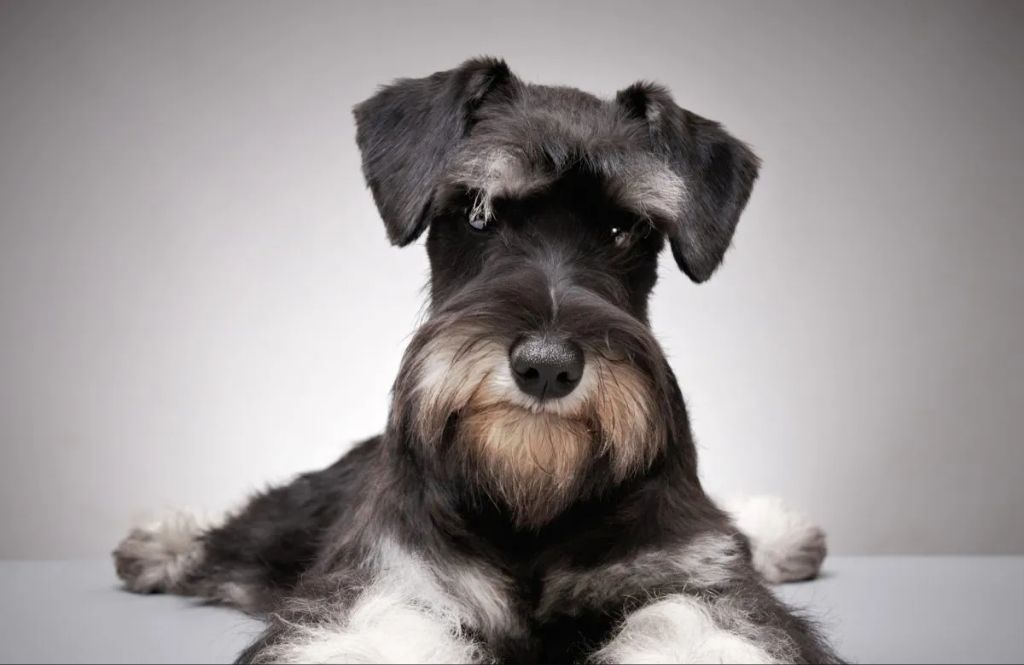
Trainability
The Miniature Schnauzer is known for being eager to please and highly intelligent, making them a breeze to train. They respond exceptionally well to positive reinforcement training, so using treats, praise, and affection as rewards will ensure your Mini Schnauzer is engaged and excited to learn.
Their high energy and working dog heritage means Miniature Schnauzers need substantial daily mental stimulation. Without adequate training and activities to engage their minds, they may become bored and destructive. Teaching your Miniature Schnauzer tricks, obedience cues, and jobs around the house will satisfy their needs for a task.
Miniature Schnauzers are quick studies when taught with patience, consistency and positive methods. They can excel in various dog sports and activities like agility, rally obedience, scent work and more. Their combination of intelligence, athleticism and desire to work with their owner makes training not just easy, but also a fun way to bond with these spirited little dogs.
Grooming
Miniature Schnauzers require regular grooming to maintain their unique coat. Their wiry double coat needs brushing once or twice per week to prevent matting and tangling. Using a slicker brush to remove dead hair is recommended. Many owners get their Schnauzer’s coat professionally clipped every 4-6 weeks[1]. A shorter cut is lower maintenance but the classic Schnauzer cut with longer facial hair requires more frequent trimming. The beard is prone to collecting food and debris so it needs regular cleaning. Miniature Schnauzers generally only need bathing every few months or when dirty.
Regular grooming and clipping will minimize shedding. Without regular grooming, the coat can become unmanageable. Owners should be prepared to invest time and money into properly grooming this breed.
[1] https://canna-pet.com/articles/miniature-schnauzer-grooming-haircuts/
Health
Miniature Schnauzers are prone to some health issues like hypothyroidism, bladder stones, and eye problems.1 Hypothyroidism affects the thyroid gland and can cause lethargy, obesity, and hair loss. Bladder stones can form in the urinary tract and cause discomfort during urination. Common eye problems include cataracts, progressive retinal atrophy, and dry eye.2
The typical lifespan for a Miniature Schnauzer is 12-14 years. With proper care, regular veterinary checkups, a nutritious diet, and exercise, Mini Schnauzers can live a full life into their early teens.
Nutrition
Miniature Schnauzers typically do well on 1/2 to 1 cup of high-quality dry dog food per day, divided into two meals. It’s important to monitor their weight and adjust food amounts accordingly to keep them at a healthy weight. Some recommendations for diet include:
According to dk website, Miniature Schnauzers do best with 10% to 15% fat daily and 20% to 25% protein. Other sources recommend feeding a high-quality kibble and monitoring the dog’s weight, energy levels, and stool consistency to determine optimal food amounts.
Keep in mind that Miniature Schnauzers can be prone to pancreatitis, so it’s important to avoid high-fat diets. Symptoms of pancreatitis can include vomiting, diarrhea, abdominal pain, lethargy, and loss of appetite according to redditors. If your dog shows any of these symptoms, contact your vet.
Some owners choose to feed a raw or homemade diet, but it’s essential to consult your vet first to ensure it is properly balanced. Supplements like enzymes and probiotics may also be beneficial for digestion.
As Pets
Miniature Schnauzers are known for their loving and loyal nature, making them excellent companions for individuals or families. Despite their smaller stature, they have big personalities and thrive when they receive plenty of attention and interaction. This makes them well-suited for apartment living, as they don’t require a large yard to be content.
Mini Schnauzers form strong bonds with their family members and aim to please. They enjoy being involved in family activities and will happily curl up beside you at the end of a long day. Daily playtime, walks, training sessions and affection from their owners provides the mental stimulation these intelligent dogs need. Without sufficient interaction, Miniature Schnauzers may become destructive or develop unwanted behaviors like excessive barking. But with the right amount of love and attention, they make exceptionally devoted pets.
Finding a Miniature Schnauzer
When looking for a Miniature Schnauzer puppy, it’s important to find a reputable breeder, rescue or shelter. Reputable breeders will screen prospective owners to ensure the puppy is going to a good home, and they will have health tested the parents for issues like eye problems, thyroid disease and von Willebrand’s Disease. Expect to pay $600-$1500 for a Miniature Schnauzer puppy from a quality breeder.
You can also check with Miniature Schnauzer rescues and shelters, which often have adult and young dogs available for adoption. The cost is usually lower for an adopted dog, around $250-$500.
Some tips for choosing a healthy Miniature Schnauzer puppy or dog: Visit the breeder or shelter in person, ask to see where the dogs live, make sure the environment is clean and the dogs appear happy and well cared for. Ask for health certificates and vet records. Check that the eyes are clear and bright, without discharge. Make sure the coat is glossy and free of flakes. Look for a puppy that is lively and playful.
For more information, check out this site to find Miniature Schnauzer puppies for sale from reputable breeders near you.

